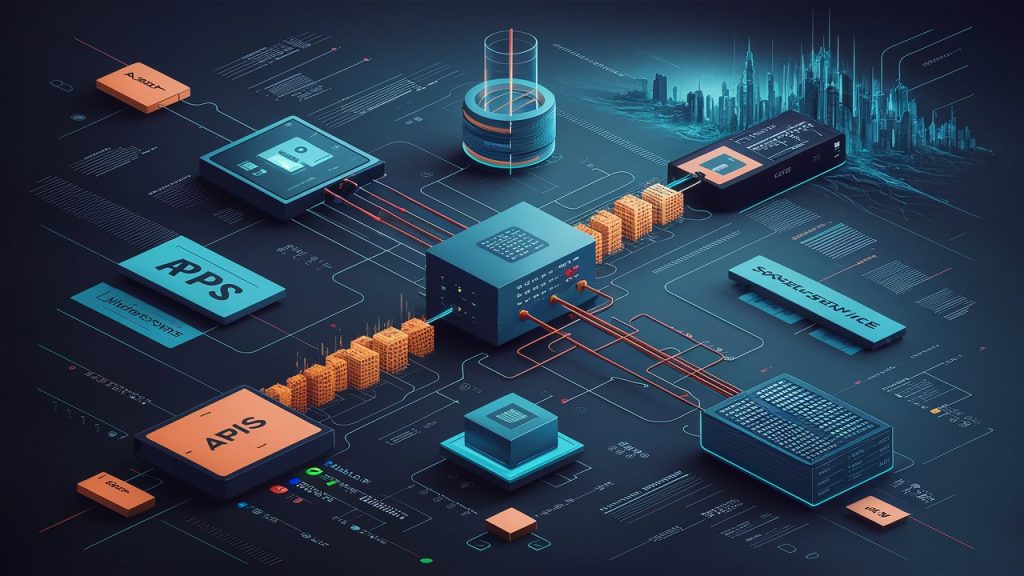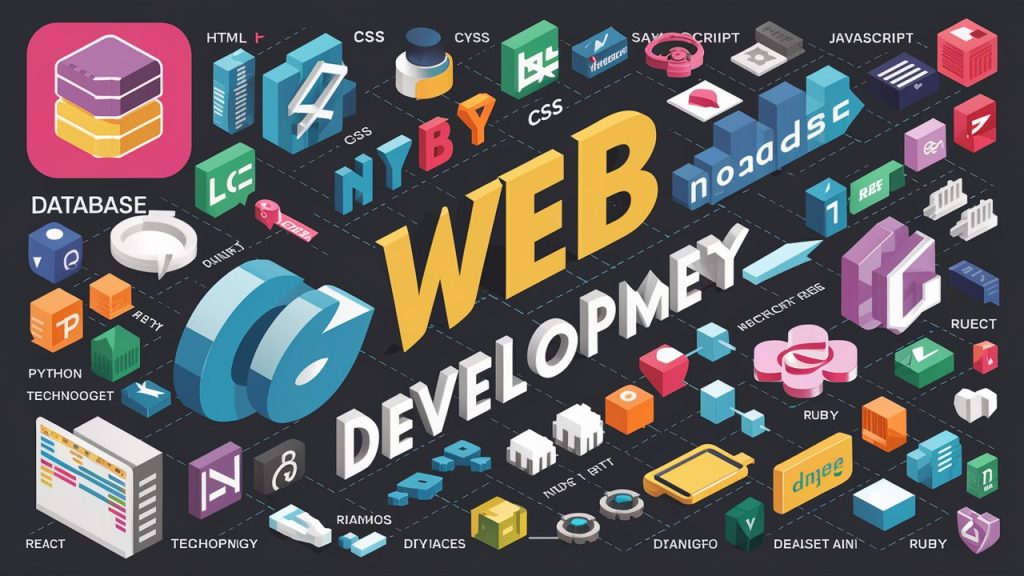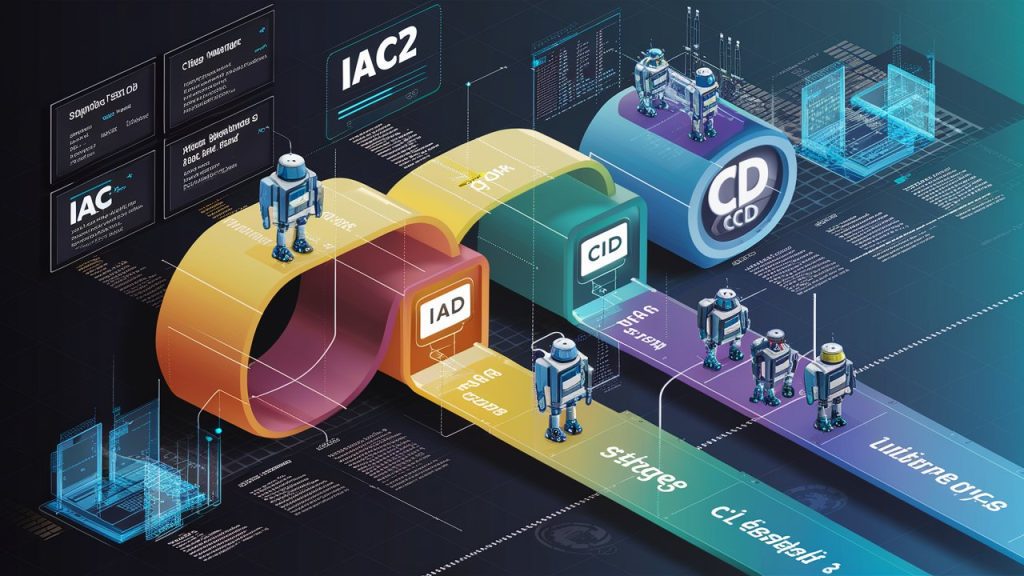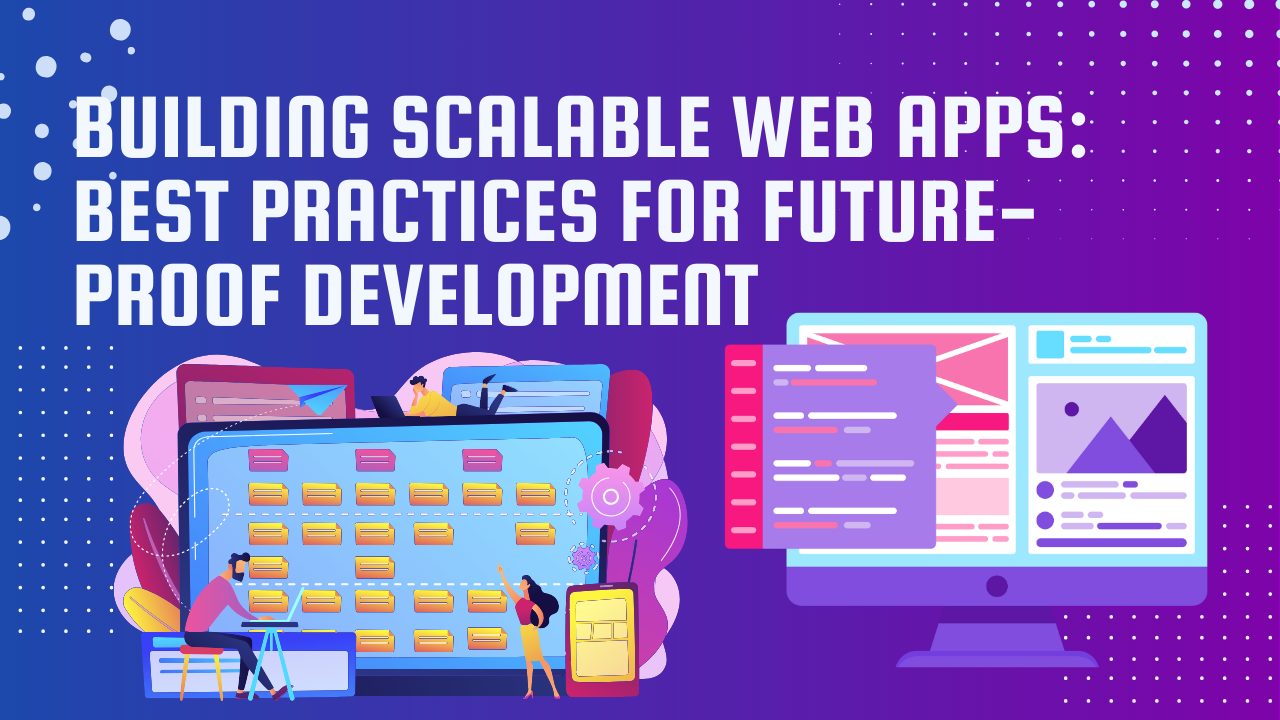In the dynamic world of web development, scalability is a non-negotiable feature for any application that aims to succeed. Whether you’re catering to a growing user base or managing increasing data loads, scalability ensures that your web app can handle future demands without compromising performance. This article delves into the best practices for building scalable web apps, equipping developers with the tools and strategies needed to create future-proof solutions. Explore more about our company on [our homepage].
Choosing Tech for Big Data Analysis

The foundation of a scalable web app lies in selecting the right technologies, particularly for handling big data analysis. With data being the backbone of most modern applications, the ability to process and analyze large datasets efficiently is crucial.
Technologies like Hadoop, Apache Spark, and cloud-based data warehouses offer unparalleled capabilities in managing vast amounts of data. These tools enable real-time processing, predictive analytics, and seamless integration with other services. Ensuring compatibility with big data technologies during the early development stages can significantly reduce challenges as your app grows.
Ensure That The Design Can Support Scaling When The Need Arises

Scalability starts with thoughtful architectural design. A monolithic architecture, while simpler to implement initially, can become a bottleneck as user demands increase. Instead, adopting a microservices architecture allows for individual components to scale independently based on load.
Additionally, incorporating horizontal scaling—adding more servers to distribute the load—ensures your app can handle traffic spikes without degradation. Use load balancers to evenly distribute user requests and avoid overburdening any single server. A well-thought-out design minimizes future challenges, saving time and resources in the long run.
Optimize Performance

is key to maintaining a positive user experience, especially during peak traffic periods. Techniques like lazy loading, code splitting, and caching ensure that users experience minimal latency, regardless of the app’s scale.
Utilizing a Content Delivery Network (CDN) can further enhance performance by reducing the distance between users and your servers. CDNs store cached versions of your app’s resources in geographically distributed locations, ensuring faster access for users worldwide. Dive deeper into our [blog posts] for in-depth insights and examples.
Database Management

Efficient database management is crucial for scalability. Relational databases like MySQL and PostgreSQL offer robust solutions for structured data, while NoSQL databases such as MongoDB and Cassandra are ideal for unstructured or semi-structured data.
Implementing database sharding and replication can significantly improve performance. Sharding involves splitting data across multiple databases, while replication creates duplicates to ensure high availability and fault tolerance. Proper indexing and query optimization also play a vital role in reducing database load and ensuring seamless scalability.
Implement Robust Security Measures

As web apps scale, they become attractive targets for cyberattacks. Implementing robust security measures is essential to protect user data and maintain trust. Utilize end-to-end encryption, secure APIs, and regularly update libraries to eliminate vulnerabilities.
Incorporate authentication and authorization protocols such as OAuth and JWT to ensure that only authorized users can access sensitive resources. Regular security audits and penetration testing help identify and address potential threats before they become critical issues.
Automate Testing and Deployment

Manual testing and deployment become impractical as apps grow in complexity. Automation ensures consistent quality and faster deployment cycles. Tools like Jenkins, CircleCI, and GitLab CI/CD enable developers to automate testing, integration, and deployment processes.
Automated testing frameworks, such as Selenium for front-end and PyTest for back-end testing, help identify bugs early in the development cycle. Continuous integration and delivery (CI/CD) pipelines streamline updates, ensuring that new features and bug fixes reach users quickly and reliably.
Monitor and Analyze Performance

Manual testing and deployment become impractical as apps grow in complexity. Automation ensures consistent quality and faster deployment cycles. Tools like Jenkins, CircleCI, and GitLab CI/CD enable developers to automate testing, integration, and deployment processes.
Automated testing frameworks, such as Selenium for front-end and PyTest for back-end testing, help identify bugs early in the development cycle. Continuous integration and delivery (CI/CD) pipelines streamline updates, ensuring that new features and bug fixes reach users quickly and reliably.
Plan for Future Growth

Future-proofing your web app requires planning for growth from the outset. This includes creating a flexible architecture, adopting scalable technologies, and building a team capable of adapting to new challenges.
Regularly revisit your app’s architecture and infrastructure to ensure it aligns with evolving business goals and user needs. Invest in training for your development team, keeping them updated on the latest tools and practices in scalable web app development.
Conclusion
Building a scalable web app involves more than just writing code—it’s about creating a system that grows seamlessly with your business and user base. From selecting the right technologies to optimizing performance and implementing robust security measures, every step plays a role in future-proofing your app.
By adopting these best practices, developers can ensure that their web apps remain efficient, reliable, and adaptable, no matter what the future holds. The journey to scalability begins with a clear vision and a commitment to innovation. Happy coding! [Contact us] today and let’s discuss your project in detail.

